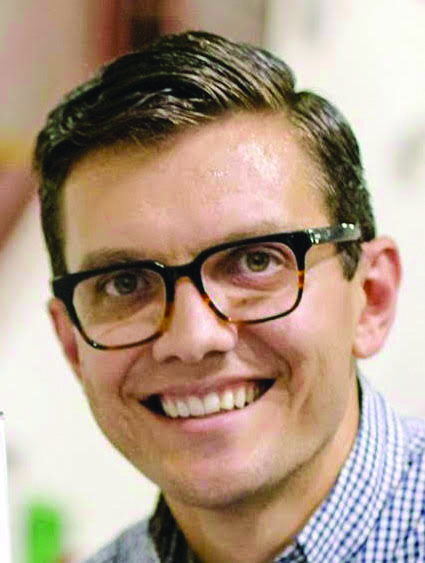Once when I was a youth pastor, a sixth-grade boy came up to me and asked, “Robby, where’s the rules part in the Bible?” Not sure exactly what he meant, I asked if he was looking for the Ten Commandments. “No, the rules part!” he replied, “where it says all the stuff I can and can’t do today!” I told him, unfortunately, the Bible doesn’t seem to be that straightforward. Better, and more difficult, the Bible is full of narratives. Narratives are powerful because they have the power to shape, undo, and reshape the way we imagine the world. And how we imagine the world shapes our behavior in and towards that world.
The Genesis story of the flood and Noah’s Ark is an apt parable for our modern day. In it, “God saw that the earth was corrupt, because all creatures behaved corruptly on the earth.”(Genesis 6:12) As a result, a great ecological crisis was imminent. (We can choose another day to discuss the morality and brutality of a near-extinction event willed by the Divine.) What is striking about this story to me is, rather than join in with the corruption upon and of the earth, Noah embarks on a contractual relationship with humanity, flora, and fauna to create a space with the future ecological reality of the earth in mind.
This week, the United Nations’ Intergovernmental Panel on Climate Change (IPCC) released an apocalyptic report on the state of the climate crisis both now on our horizon. Unfortunately, merely recognizing the reality of our world’s crash course with disaster and humanity’s role in accelerating it has become polarizing. Perhaps rather than entrenching ourselves into our respective camps (reinforcing the narrative that it’s us against them), we might let the story of Noah become the narrative that informs our imagination.
The ancient narrative of Noah, the impending flood, and the ark offer us a hopeful blueprint to move forward together. We see the intensified wildfires, hurricanes, and floods; we recognize the acidification of our own state; it’s time for humanity to come together like Noah’s family, greatly reduce (if not cease) our corrupting of the earth with greenhouse gasses, and work toward building cultures and technologies that will allow us to live in the ecological reality we have created and at the same time seek to stem the tide of the climate crisis that is on the horizon.
Rev. Robby Olson is a Presbyterian pastor in Watsonville.








